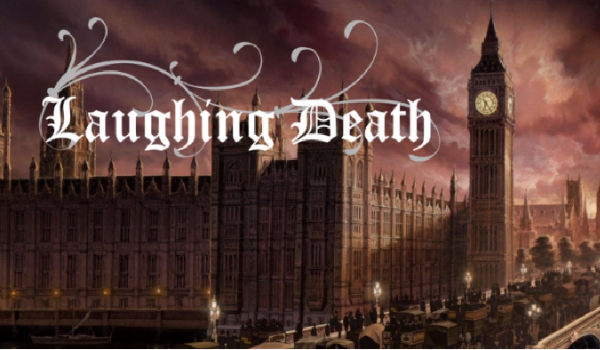

“Naturally, everyone would like to get their hands on kuru brains,” PB - Max-Planck-Gesellschaft zur Förderung der Wissenschaften

A wider selection of influential literature published in English since 1990 has been translated into Chinese and published in China in a companion volume. As the West and the East become ever more closely related through travel, trade, and-not least-the globalization of knowledge, the seven essays in this volume should stimulate new engagements between English and Chinese readers on the centrality of science, technology, and medicine for our histories and our future. T2 - The History of Science in a World of ReadersĪB - What role should historians of science, technology, and medicine have in communicating their own body of literature-its methods and concerns-across linguistic boundaries? This anthology is a proactive response to this question.

T1 - The Possession of Kuru: Medical Science and Biocolonial Exchange Berlin: Max-Planck-Gesellschaft zur Förderung der Wissenschaften. In: The History of Science in a World of Readers. The Possession of Kuru: Medical Science and Biocolonial Exchange. Everyone, after all, recognized me as his "mentor" in those passages, as they did most of his other thinly disguised characters.Anderson, Warwick (2019). I was hard pressed to com- ment on this first work, either to Yin himself or to our mutual friends. In his first autobiographical essay, Auscultation of Two Worlds, Yin surprised many of his friends by the flamboyant accounts of his dramatic life.

Many who knew him compared him to Don Quixote the younger genera- tion compared him to Danny Kaye, not only in his appear- ance, but in his speech, movements, and actions. Yin Zigas was a genius he was a romatic, he was a physician with compassion, he was a scientist with pene- trating curiosity, he was an actor, and he was a loyal friend. Witold Gombrowicz in Ferdeydurke After procrastinating for over two years since Yin's death on the writing of this Foreword for his second auto- biographical work, I finally begin using the above quota- tion from Witold Gombrowicz. Also the task is to evaluate and assess, and to decide whether the work is a novel, or a book of memoirs, or a parody, or a lampoon, or a variation on imaginative themes, or psychological study and to establish its predominant characteristics whether the whole thing is a joke, or whether its importance lies in its deeper meaning, or whether it is just irony, sarcasm, ridicule.


 0 kommentar(er)
0 kommentar(er)
